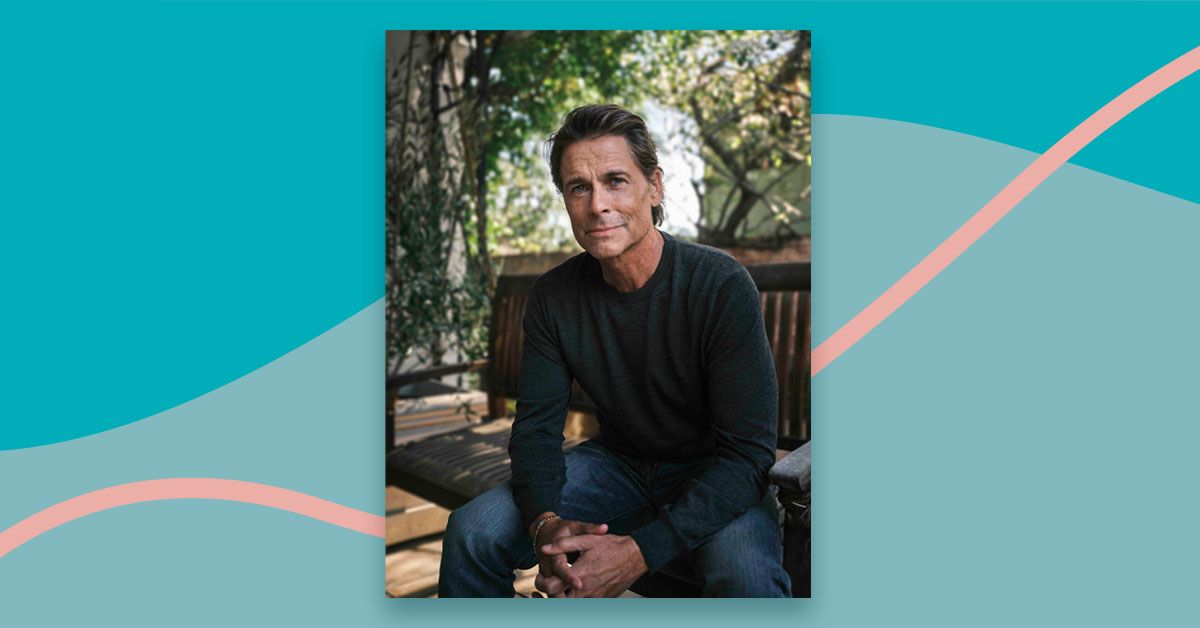After Imane Khelif pounded the Italian boxer Angela Carini so hard she abandoned their fight only 46 seconds in, the Paris Olympics exploded in controversy. On one side were those noting that Khelif had tested male in two separate lab tests (disqualifying the Algerian from the 2023 women’s world championships in India); on the other was the International Olympic Committee (IOC), which believed an “F” for female in Khelif’s passport was sufficient proof.
If your job was BBC boxing expert, if you’d heard concerns from athletes including the Team GB double gold-medal boxer Nicola Adams, if you knew your sport was potentially lethal and that men punch 2.6 times harder than women, surely you’d want the matter fairly resolved.
Yet on BBC 5 Live Steve Bunce chose to attack those “damning this girl … based on how she looks” and, when implored on X to demand tests to ensure Khelif was eligible to fight women, replied: “Why do they have to prove that?”
Bunce wasn’t alone. With a few noble exceptions, the male sports pack wrote heartrendingly about Khelif’s struggle as a poor “girl” in the patriarchal Algerian society (when it would have been clear at puberty from lack of menarche and testosterone-fuelled muscularity that Khelif was male with a difference of sexual development).
Yet journalists who care so much about fair play that they write reams about one dodgy VAR decision and still bleat, almost 40 years on, about Maradona’s handball wasted few words on female boxers. That they’d only managed to get their sport included in the Olympics 12 years ago, trained punishingly hard and now had their medals stolen seemed not to matter. (Taiwan’s Lin Yu-ting, who’d also failed sex tests, took the featherweight gold in Paris.)
Finally, this week, World Boxing introduced cheek swab tests for all woman fighters, while a member of the IOC press team leaked Khelif’s 2023 test from an accredited Indian lab. The IOC knew what we could all see with our eyes: Khelif was male.
So where are the reparations for Paris’s cheated women boxers and the apologies from Bunce et al? Forget cheek swabs. You can always tell the males in women’s competitions — they’re the ones the sports bros care about.
Gotta love Liza
I’ve never heard a star be so warmly and lovingly celebrated by their friends as Liza Minnelli is in the documentary Liza: A Truly Terrific Absolutely True Story (BBC iPlayer). Sure, it’s a sort of authorised biography but the evidence offered isn’t vague praise, it’s Liza’s specific kindnesses. How she flew from Rome to sing on the album of a complete unknown; how she saved the Broadway run of Chicago after the lead Gwen Verdon fell ill, effectively becoming a humble understudy when she’d already won an Oscar for Cabaret.
Despite her mother Judy Garland’s death, the shadow it cast, the ghouls who rubbernecked her own addiction to pills and booze expecting her to die young too, a poor taste in men and the miscarriages that denied her the children she longed for, Minnelli retains an innocence and sweetness.
“What do you say to those who call you ugly?” she’s asked in an interview when young, and across her huge eyes passes a cloud of vulnerability, doubt and pain, but then a flicker of defiance and pluck. “I just go on stage,” says Liza without edge, “and do my job.”
Peony club
It’s beloved peony season and in Sainsbury’s I buy five blooms, hard knots that take their sweet time to open, then suddenly: wow! Coral pink with yellow stamens so long and sexy they’re like the fringes on a Minnelli Broadway basque. Ten days of outrageous beauty for six quid.
As they finally die, bleached almost white, I read that a protester at a US arboretum has chopped the heads off every lovely peony because of Gaza. Like the eco warriors who fling soup at Van Goghs, nothing could do less to further their cause than punishing flowers.









